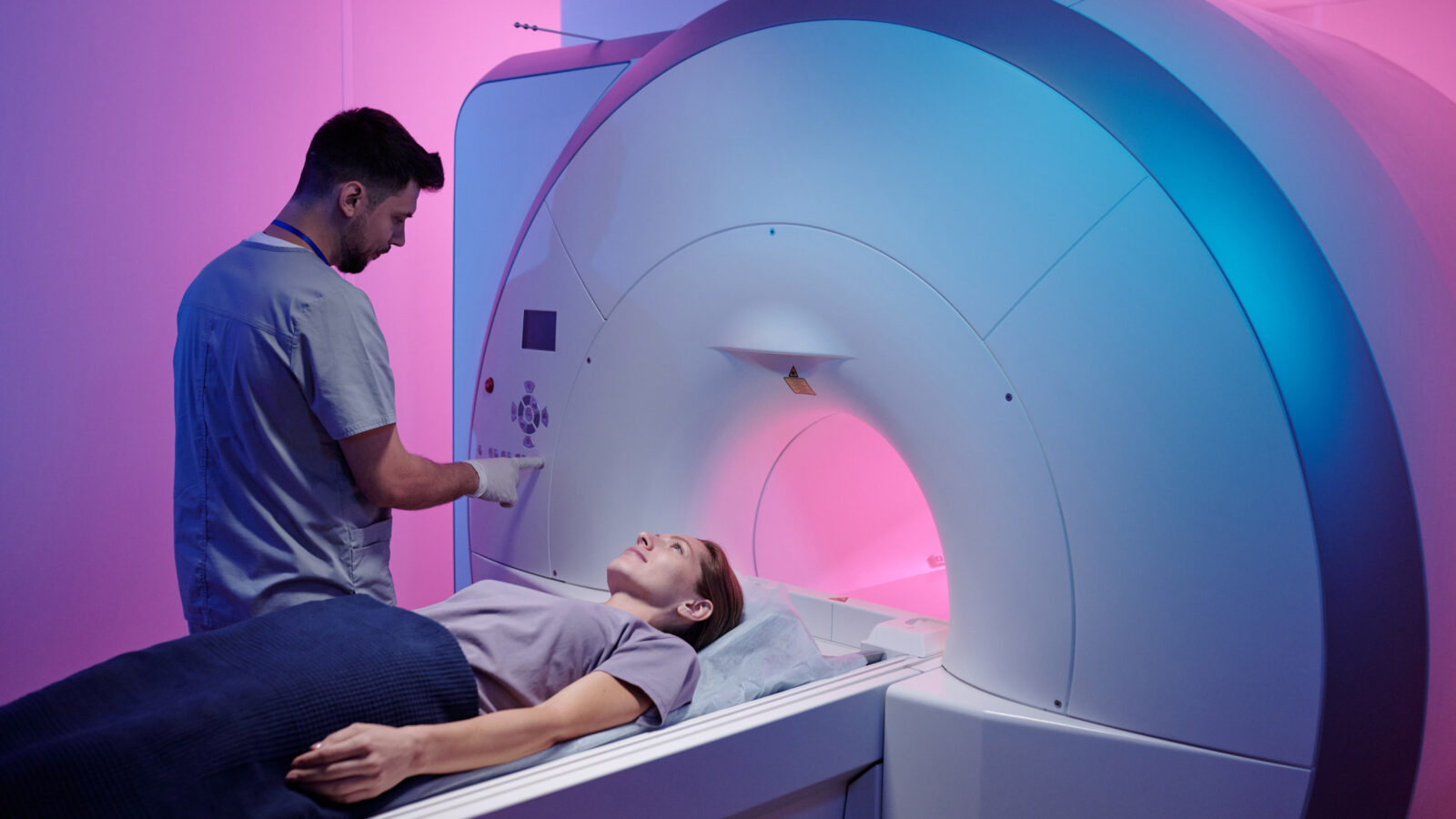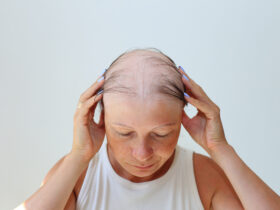Targeted brain simulation using MRI scans helped ease the symptoms of depressed patients for approximately six months, found new research.
Since the 1980s, Transcranial magnetic stimulation (TMS) has been applied in treating severe depression.
It involves targeting areas of the brain linked with depression with magnetic pulses and was previously found to ease symptoms for up to three months.
The BRIGhTMIND trial was funded by the National Institute for Health and Care Research (NIHR) and the Medical Research Council. The findings are published in the journal Nature Medicine.
How is the new method more effective?
The University of Nottingham researchers used MRI scans to locate the exact target precisely where in the brain was going to be hit, which could prolong treatment effectiveness twofold.
With this method, 20 percent of the patients reported their depression in remission, reported Daily Mail.
The results also showed two-thirds of those who responded to TMS saw a boost to their memory, anxiety, and quality of life.
What are the other treatments available for depression?
Antidepressant drugs and therapy are the go-to treatments for depression.

However, around a third of patients have treatment-resistant depression, meaning that these options don’t ease their symptoms.
Therefore, Consultant psychiatrists could refer these patients for TMS.
More about the research
The trial recruited 255 patients with treatment-resistant depression who completed 20 TMS sessions, which lasted up to 30 minutes, over four to six weeks, reported Daily Mail.
Patients were given an MRI scan before starting TMS, which allowed researchers to pinpoint the meeting area for the different brain systems involved in depression. This step isn’t included in a typical course.
The treatment was performed using neuronavigation, a computerized tracking system using light to deliver the TMS.
This works to pinpoint the area of stimulation precisely so that the same area is targeted at all 20 treatment sessions.
Patients who were conscious during the therapy had powerful magnetic pulses delivered to the left side of their head, just in front of the temporal area of the scalp, as per the Daily Mail reports.
Professor Richard Morriss, a psychiatrist at the University of Nottingham’s School of Medicine, said, “Ideally, when people come for a TMS session, they would sit in the exact same place, but this is rarely going to happen,” and added further, “This method uses light from both ear lobes and the top of the nose to measure the stimulation point from the first time a patient has the treatment.”
“The MRI personalizes the site of stimulation, and then neuronavigation makes sure the same site is being stimulated at each treatment session,” said Morris.
He further added, ‘This reduces the variability in stimulation at each session,” and “Since the magnetic pulse can be focused, there are usually only minor short-lasting side-effects, and the person can return to their daily activities immediately on return from the hospital.”
Findings of the study
The results of the study showed that two-thirds of participants responded to the treatment.
A third saw their symptoms improve by 50 percent, while a fifth of patients went into remission and stayed there, reported Daily Mail.
“Given these patients are people who have not responded to two previous treatment attempts and have been ill for an average of seven years, to get such a significant response rate and a fifth who have a sustained response is really encouraging,” said Professor Morriss.
He further quoted saying, ‘Patients who responded to the treatment could stay relatively well compared to how they were previously, with as little as one or two treatments a year,” and “The changes we saw were substantial, not only in reducing their depression symptoms, but they were large enough to improve concentration, memory, anxiety and subsequently their quality of life,” reported Daily Mail.
Danny McAuley, a professor and scientific director for NIHR Programmes, said, “These are important findings showing this novel technique can hugely benefit patients with severe depression which has not responded to other treatments.”












Leave a Reply